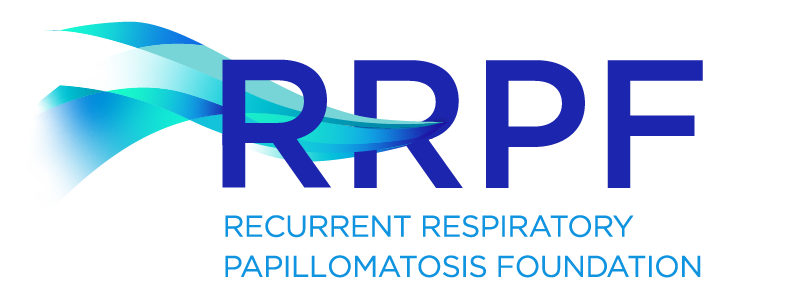Frequently Asked Questions
The RRPF has compiled a list of some tips and the most commonly asked questions from patients and caregivers in our community. If unanswered in the RRPF FAQ section, please contact the RRPF.
As with all medical conditions, your care team should be contacted before any medical decisions are made, such as taking supplements, changing from their directed care plan, etc.

General Tips
- Join the RRPF RRP support group on Facebook and like the RRPF Facebook page. The support group is private and moderators screen requests to join. Go to @rrpforg and click the support group button.
- You are your own best advocate. You are your child’s best advocate. You have the right to question medical staff, and request additional information or support (child life services, patient navigator, financial advisor, asking for pre-meds to help with mental trauma of repeated OR procedures, etc.) The RRPF is happy to help you with learning the best way to advocate.
- If you find something that works for you, or your child, write it down and ask for it at future surgical interventions or office visits. Your voice is the best voice. Examples of these items may include: a specific anesthesia cocktail that works well, pre-med or no pre-med, IV placed before going to OR or after in OR, wearing glasses to the OR and having them put on in recovery to help with headaches, etc.
FAQs
How do I know if I am with a good doctor for RRP?
The RRPF maintains a database of RRP clinicians that have experience treating this disease, for both adults and pediatrics. If you are unable to locate a MD in the searchable database on the website, contact us for further assistance.Why does being with an RRP expert matter?
An RRP expert will be aware of the most recent methods, research, and adjunct therapies being used for the disease. The RRP expert will also be aware of potential complications to look out for. Most importantly, an RRP expert will give the patient their best outcome, both in surgical outcome and voice preservation.
I’m overwhelmed; how will I keep up with all of the records and appointments, as well as know if a treatment is working well?
At diagnosis, purchase a three ring binder and add in dividers with pockets. Always request the records of clinic visits, hospital/OR visits, anesthesia records, photographs, any radiology and radiology reports, as well as pathology reports. This is very helpful as you learn to manage the disease, as well as learn to advocate for yourself/loved one. It also will be extremely valuable to those diagnosed as a child when they transition to college/adult care. As a patient, you have the right to request all medical records.I’m always so anxious and worried now that this diagnosis is part of my life. Is there anything that helps?
The RRPF is an advocate for RRP patients to consider counseling as early as diagnosis. The disease is a lot to manage, and even children struggle with the mental demand of this chronic illness that may subject patients to a lifetime of surgical procedures.
Will this diagnosis ruin my life or my child’s life?
Within the RRP community, we have warriors who are doctors, lawyers, teachers, musicians, law enforcement, counselors, senior level executives, and members of the military. In the US, the Americans with Disabilities Act does offer some protection, and our pediatric patients do find that having their school district place an IEP (individual education plan) for their child does help with managing absences for clinic and surgery days, as well as any makeup work. You/your child can and will still have a beautiful and fulfilled life.I’m an RRP patient and I am pregnant. Will I pass RRP to my baby?
No, you cannot pass RRP to your unborn baby. RRP infects the respiratory system. If you do need an RRP debulking procedure during your pregnancy, the anesthesia team will use pharmaceuticals that are safer for the baby, and many patients have a gynecologist in the OR to monitor your baby, as well.I’m very upset about my diagnosis and my family simply doesn’t understand. What can I do?
Many RRP patients have found community and support through our private online support groups. The group often refers to one another as “family.” Having a community who understands what you are going through can be so helpful and comforting.Can RRP “go away for good?”
The RRPF is hopeful that we will have a cure in the near future. Until then, RRP is often a disease with a very unpredictable course. Some patients find they enter a remission period and only need to maintain periodic check-ups. Some patients find they enter multiple remission periods over the course of their lifetime. We do have some patients that report no remission over their lifetime. Research is working to learn why patients respond in so many different ways, and learning if there are ways to cause a remission using a vaccine or other type therapy.I’m an Adult Onset patient. Am I contagious?
This issue was addressed by an RRP pioneer clinician and researcher, Dr. Haskins Kashima (and Dr. Bridget Leventhal) in a 1993 review article on RRP. They state “…There is no documented case of RRP occurring among siblings, marital partners or family members who are constantly exposed to secretions from papillomatosis patients.”Is my child with RRP contagious?
There is virtually no evidence that RRP is contagious. We do not know of documented cases of family members or others with very close contact developing RRP from one another.

